Trending
Opinion: How will Project 2025 impact game developers?
The Heritage Foundation's manifesto for the possible next administration could do great harm to many, including large portions of the game development community.

Featured Blog | This community-written post highlights the best of what the game industry has to offer. Read more like it on the Game Developer Blogs or learn how to Submit Your Own Blog Post
A critical analysis of Outer Wilds open world design.

I quite often talk about ludodiegesis in this article, it's a model of relating to game mechanics I use from this excellent blog post by Robert Yang about a paper by Dan Pinchbeck - https://www.blog.radiator.debacle.us/2011/04/ludodiegesis-or-pinchbecks-unified.html
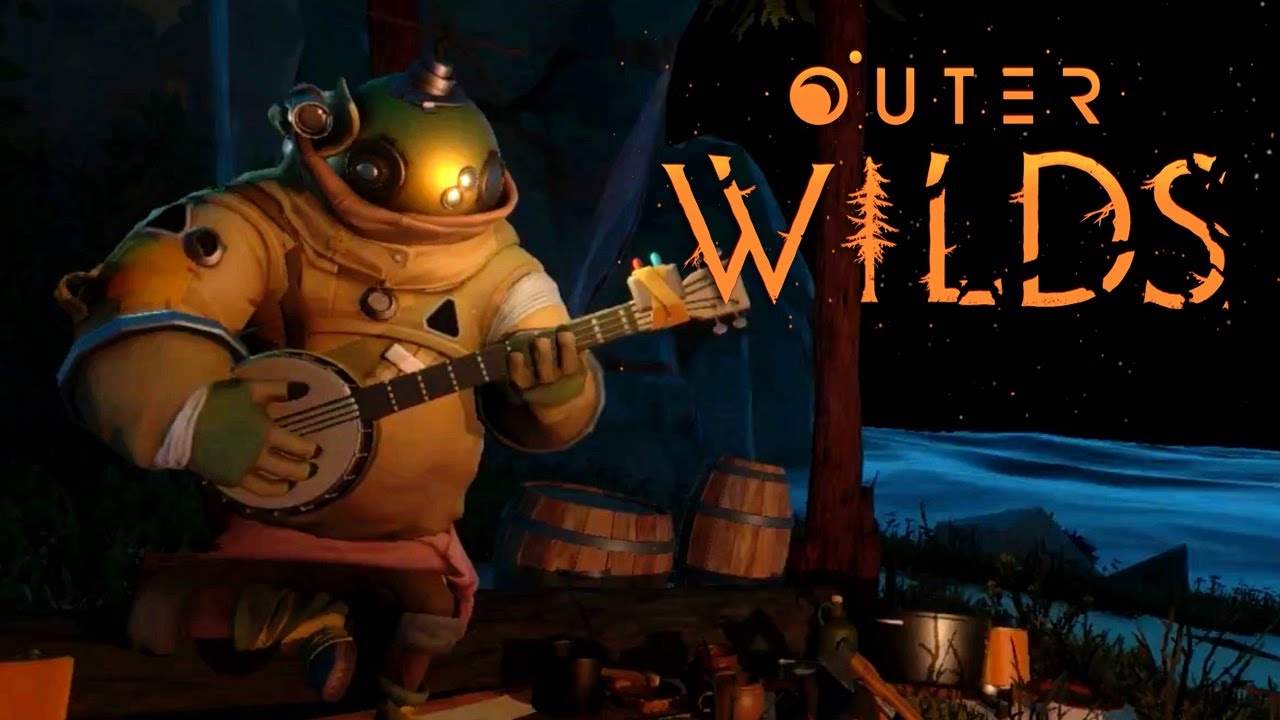
The first hour of Outer Wilds is a bafflingly ordinary and unsatisfying game. I understand why it's there, people are scared of being dropped into a world, we feel like people need to be eased in but frankly the first hour is quite conventional, boring and difficult. I'm not sure how or even if it's possible to introduce a game like this and I certainly can't think of better examples. Pathologic, for example just drops you into it's (admittedly hostile) world and I'm quite confident the vast majority of people who play that game bounce straight off.
However, if you were to play the opening of Outer Wilds you'd be forgiven for believing it was going to be an under-polished, linear, narrative game with a quirky mechanic but that couldn't be further from the truth. Even once you get to explore the world I didn't fully take to it until I discovered the narrative web in the computer on your spaceship.
Once you've played Outer Wilds for a few iterations of it's time loop, the narrative web becomes the central component of the game. Most, if not all games are built this way, they have a core loop which occupies most of your time and strives to be enjoyable in some way and on top of that they build a metagame which usually delivers some form of satisfying progress, typically by feeding back into the core loop.
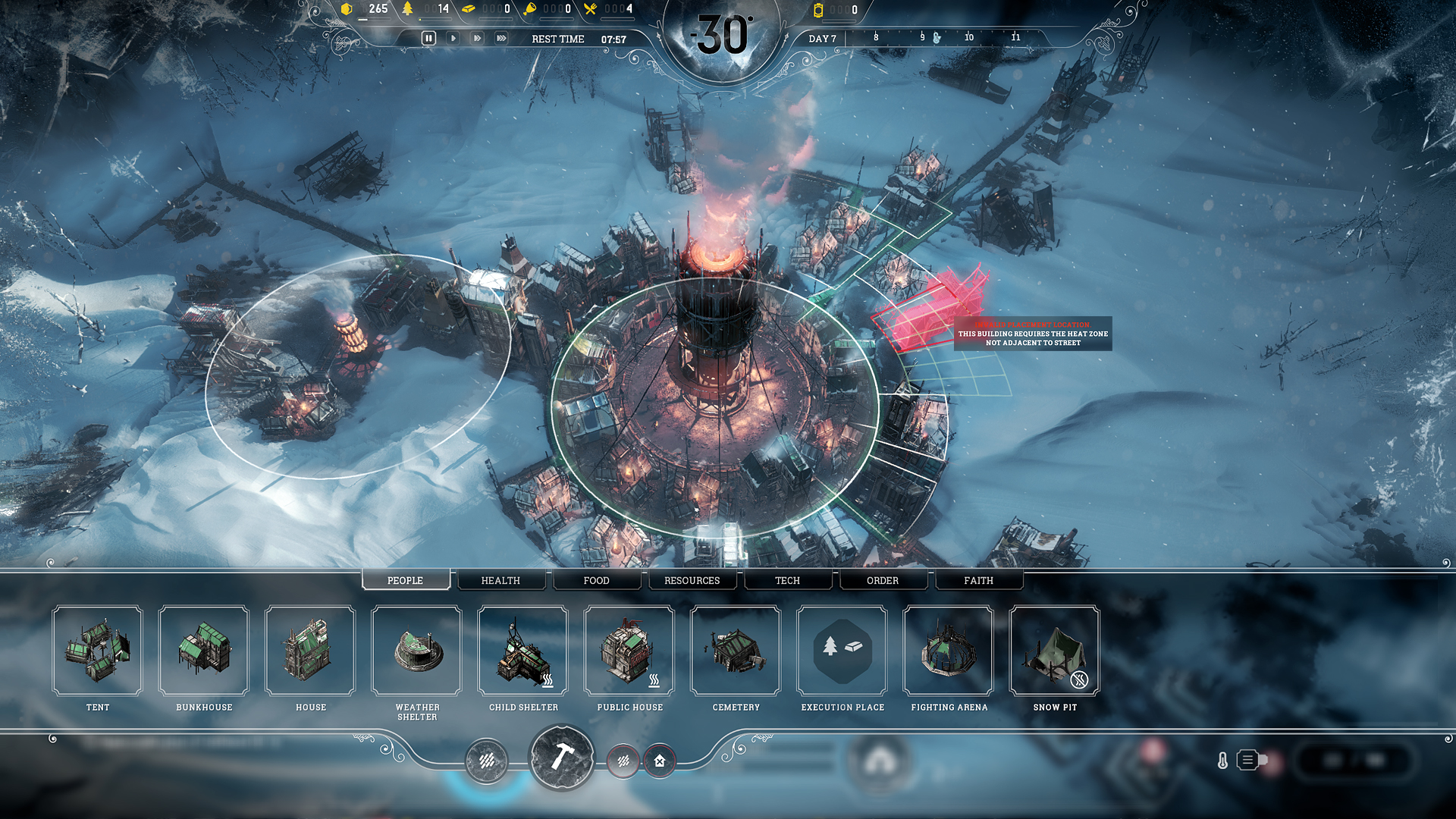
Even games like those of 11 bit studios like Frostpunk and This War of Mine try (& in both those case succeed, exceptionally) to cleverly reconcile the need for an enjoyable core loop with a difficult message. That message is delivered through a brave and unique metagame which deliberately isn't satisfying and in those games that approach works brilliantly.

Pathologic and other games by Ice Pick Lodge however often go the other way, their core loop is a slog, it's difficult and clumsy and painful but they still manage to grab players who stick around by establishing a rich metagame founded in traditional, satisfying, progress. This model usually doesn't really work, at least not for 90% of players, who quickly discard the broken core loop before getting to any of the satisfying progress.
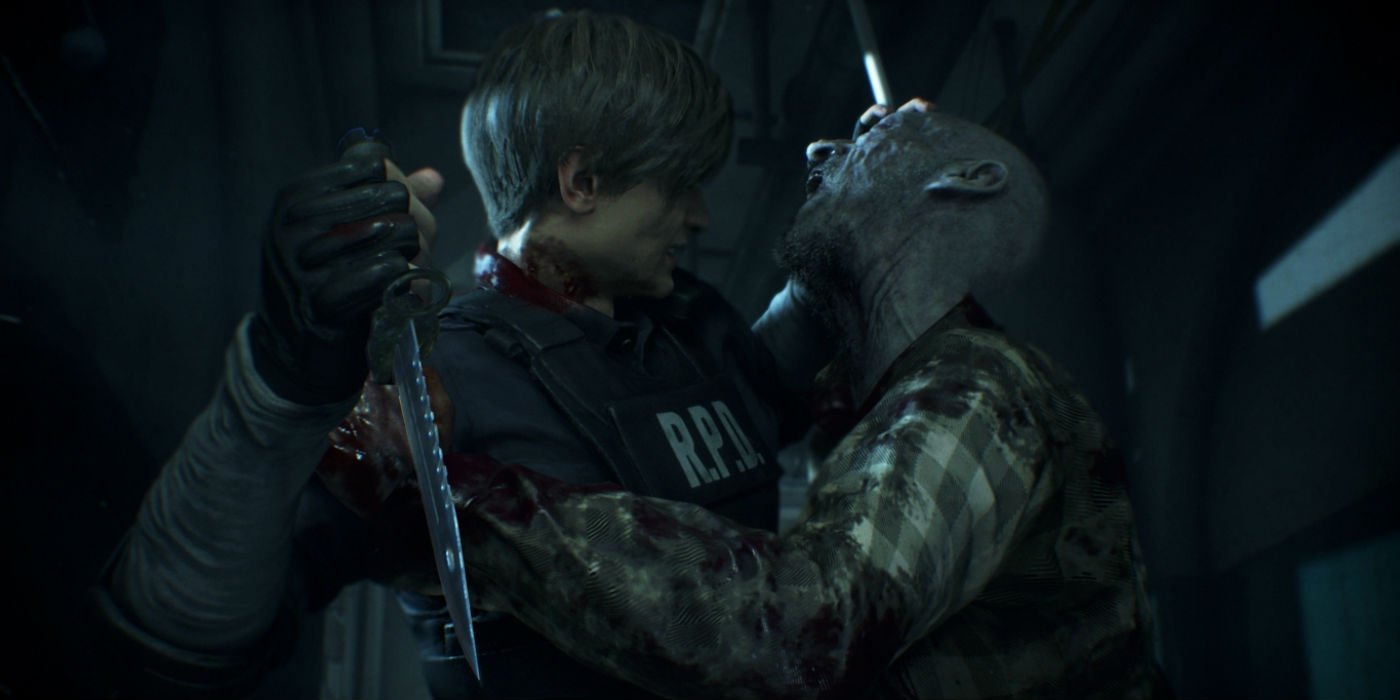
There's a third school of 'subversive' game development that masquerades as a game with a punishing core loop but is actually holding it back until you've earned it through progress. From Software are the obvious masters of this technique but the Resident Evil series also stands out as a good example. Initially the controls feel broken, the game feels overly taxing and then through progress a satisfying core loop emerges. Outer Wilds belongs to this last group of games, except the thing that makes it special is that the game doesn't actually award you any new verbs or improve your existing arsenal. The only game I can think of that shares this trait is the 2018 insta-classic Return of the Obra Dinn.
Instead of awarding you new powers, the world of Outer Wilds has been crafted in a way as to allow knowledge to become your upgrades, it achieves that rare feat of making the player feel it's them who is improving, not their avatar.
*This paragraph has a possible gameplay spoiler*
As an anecdotal example - On the planet of Brittle Hollow in the game there's a city called the Hanging City, initially it's only accessible by getting there as fast as you can before the route is destroyed by the planet's volcanic moon. Once you explore the Hanging City you'll discover a path to the surface which will enable you to get back there much more easily, alleviating the time pressures that otherwise exist. You now have a new ability, you can explore the hanging city whenever you like but it was only delivered by learning about the world. This is a rarer and arguably more satisfying metagame than the traditional verb unlock/power-up.
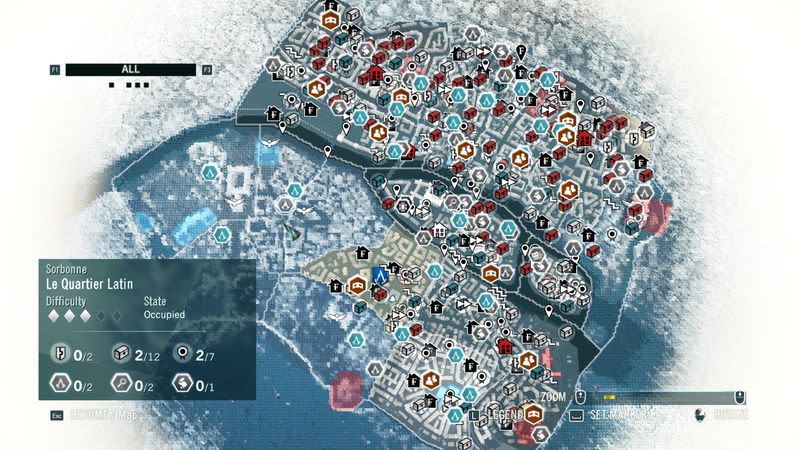
A lot of games manifest their metagame through a ludodiegetic interface and honestly Outer Wilds is no different. These interfaces often portray the true framework of the metagame. if it's a quest log, the metagame becomes a list checking exercise, if it's a map of icons the metagame becomes an icon janitor game. Outer Wilds' metagame manifests via a narrative web. It's design allows for Outer Wilds to become a meaningfully open world, where the things you do matter in relation to other things you do. The normal open world metagame (icon janitor) doesn't achieve this and so the order you clean up the icons in stops having any in-world meaning.
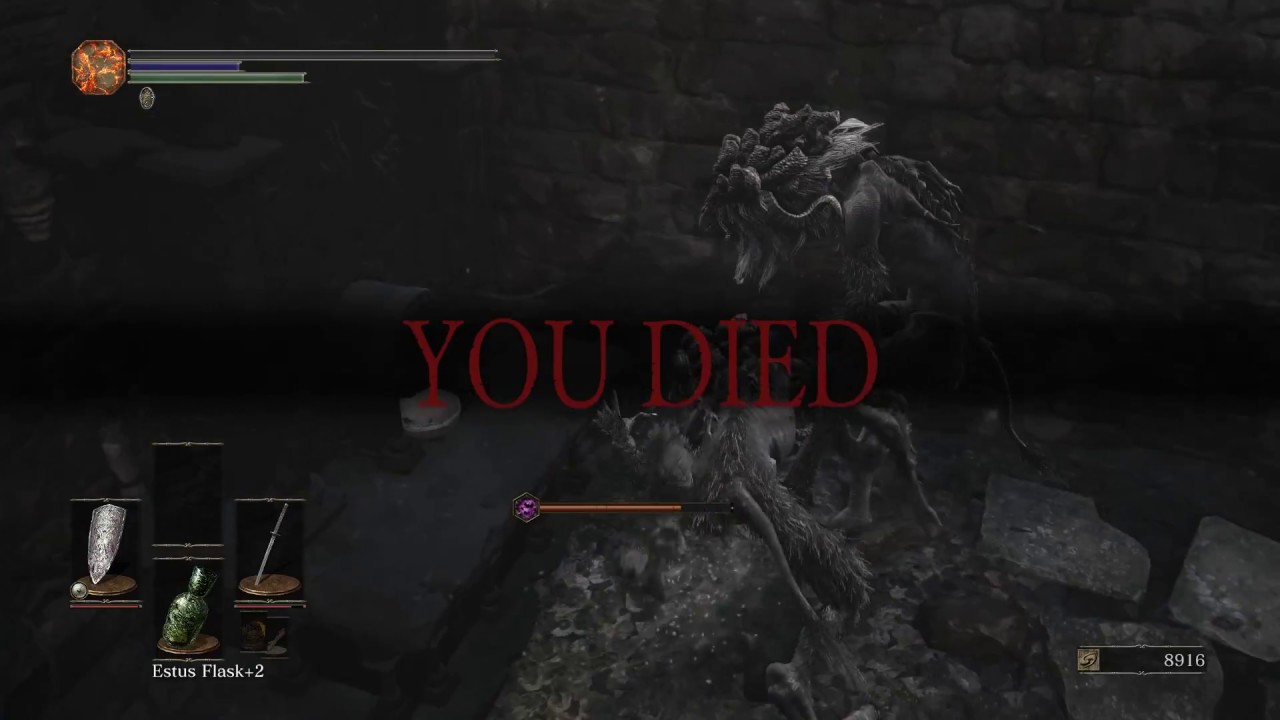
Another thing Outer Wilds is similar to Dark Souls is in using something players have already been trained by other games to avoid (dying) and taking the sting out of it but unlike Super Meat Boy (which sands down all the edges to make dying as cheap as possible) it tries to preserve the pavlovian avoidance rather than retrain the players to become comfortable with it. There's a lot of bluster and performance in the act of dying in both Dark Souls and Outer Wilds.
Both these games do this because they're not really interested in actually punishing the players but want to imbue otherwise meaningless actions with meaning, like pushing too far into the unknown in Dark Souls and risking your souls (which are both fairly easily retrieved and not all that valuable) or forgetting to put your space suit on before leaving the spaceship in Outer Wilds. Outer Wilds' time loop requires the player to perform a lot of actions repeatedly and could easily have streamlined the action right down to it's bare essentials, starting you in the ship with your suit on for example. Mobius Digital very deliberately and cleverly didn't do that because all these ludically meaningless decisions (it's not a traditionally meaningful decision to leave the ship without a suit) are imbued with a grander immersive meaning. It allows you greater immersion into the world than obvious economical approach.
Outer Wilds is a great game which exhibits an excellent grasp of how to build a compelling and truly open world for players to explore, I'd love to see some of the ideas taken to explore more characterful interactions and worlds without the time loop framing, I think it could really be a game changer for narrative games, closer to the narrative lego idea in Ken Levine's 2014 GDC talk.
If you have any questions or comments feel free to @ me on twitter.
Read more about:
Featured BlogsYou May Also Like